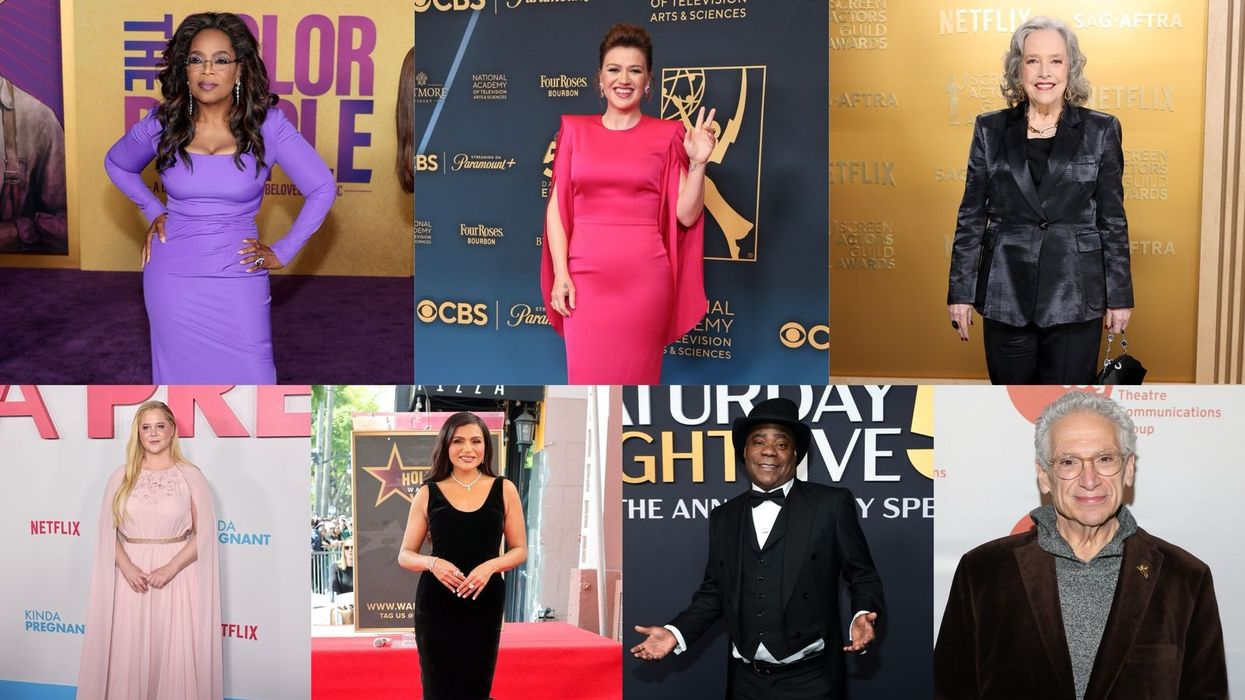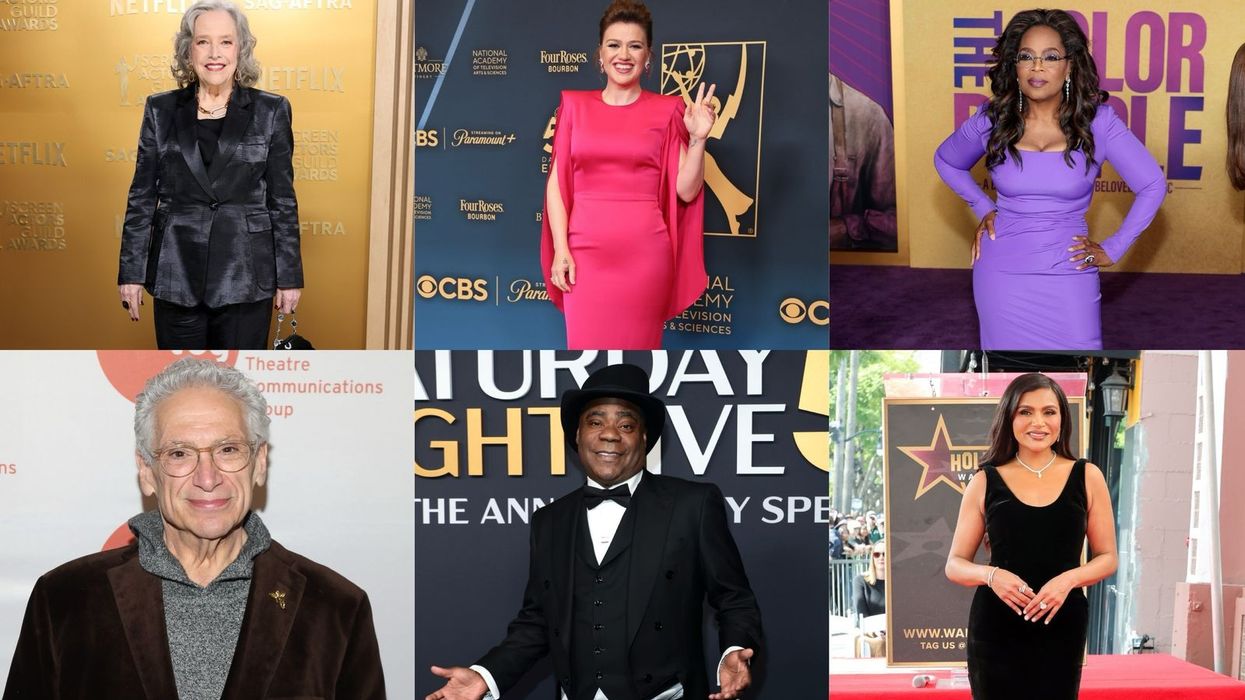Hollywood’s obsession with Ozempic and similar weight-loss drugs is largely reshaping how we view body image, and not necessarily for the better. Once celebrated for promoting self-acceptance and diversity in body shapes, the entertainment industry is now leaning back into an era of extreme thinness, driven by the widespread use of these medications. Stars who once spoke about positivity, like Mindy Kaling, are now noticeably slimmer, sparking conversations about whether the message of self-love is being overshadowed by a new wave of unrealistic standards.
Dr. Charlotte Markey, a psychology professor at Rutgers University, points out that the rise of Ozempic has shifted the whole conversation. “We’re seeing less emphasis on accepting natural body diversity and more on achieving a specific, often unattainable, look,” she says. While the desire to be thin isn’t new, Markey believes society had made progress in recent years by embracing a lot of healthier attitudes toward body image. But the ease of weight loss through drugs like Ozempic has disrupted that whole momentum.

Celebrities, under constant pressure to maintain their appearance, are increasingly turning to these medications. Stars like Oprah Winfrey, Kathy Bates, and Rebel Wilson have openly discussed using weight-loss drugs, while others, like Kim Kardashian, face speculation about their rapid transformations. For many, these drugs offer a quick fix, but they also come with their own risks. Side effects, such as nausea and disordered eating patterns, are common, and some, like Sharon Osbourne, have warned about the dangers of becoming overly reliant on them.
Markey cautions against comparing ourselves to celebrities, who often have access to resources like personal trainers, chefs, and medical professionals that most people don’t. “Celebrities are paid, in part, for how they look,” she notes. “It’s important to remember that their standards aren’t realistic for the average person.”

The trend isn’t just about Hollywood though, it’s influencing broader beauty standards. Social media and the constant spotlight on celebrity bodies are amplifying the pressure to conform to a slim ideal. This shift is concerning, especially after years of progress toward body positivity. Markey stresses that body positivity isn’t about perfection but about feeling good in your own skin. “To say body positivity is over is to say we’ve given up on mental health,” she argues. “And that’s not something we should be willing to do.”
As Hollywood’s thin aesthetic makes a comeback, it’s worth questioning whether this trend is sustainable or healthy. While weight-loss drugs may offer a solution for some, they also risk perpetuating harmful beauty standards that leave little room for self-acceptance. In a world that often values appearance over substance, the real challenge lies in finding a balance and remembering that health both physical and mental should always come first.





